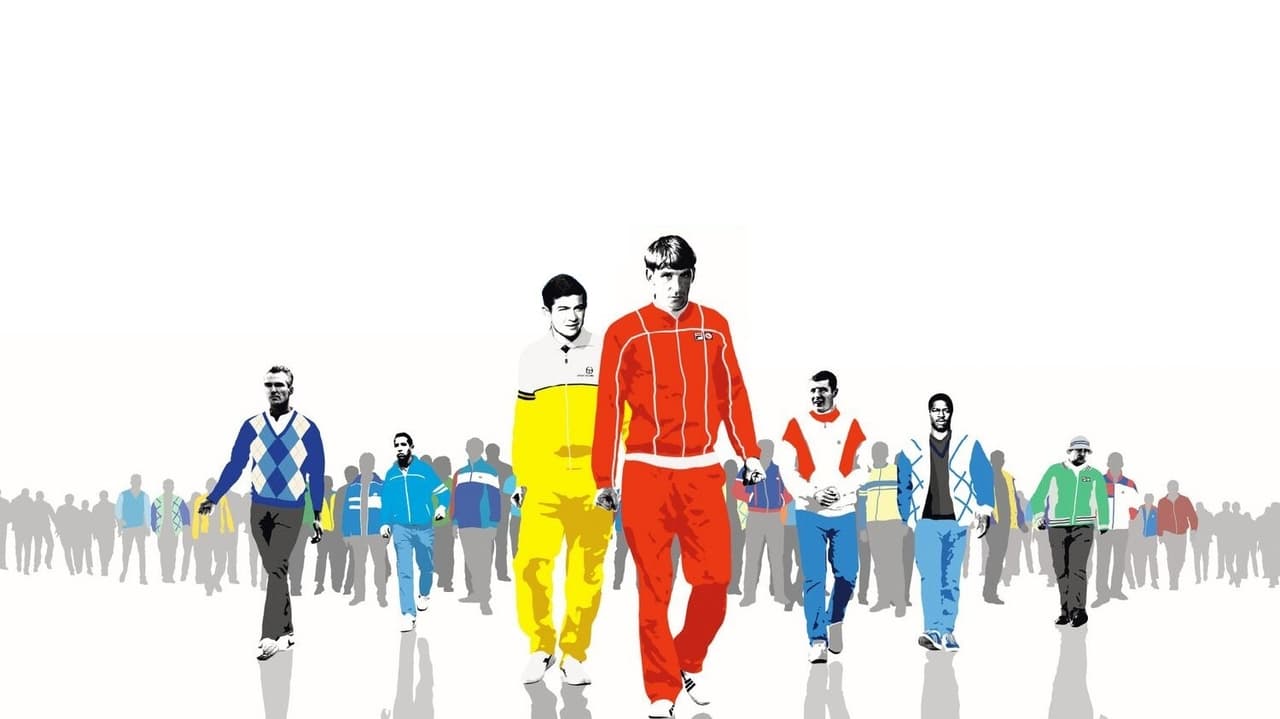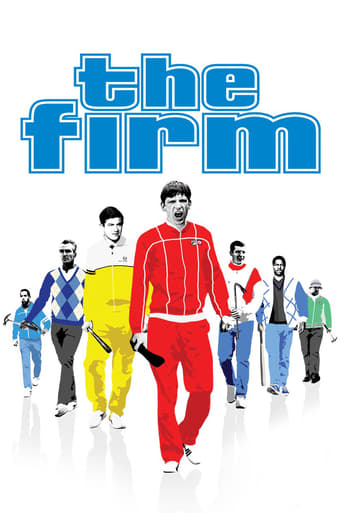

first i really disappointed after watching this movie.. what i aspect to be a great movie like its predecessor Green Street Hooligan melt like an ice cream.. green street hooligan far more interesting than this,the plot cover every way,from life ,pride, conflict, fight, brave and humor.. i think the main plot here was about the football fan life but its failed as it was too straight forward,directly into some kind of hooligan-wannabe but in immature way.. the fight was interesting but other than that its awful,no 'soul' in this movie that make it interesting.. it doesn't focus on what a football fan for even about hooligan-wannabe but more into gang fight, territory,revenge and power.. if i have to compare this and the old one green street hooligan then i have to say that this movie is more to plagiarize the green street hooligan than its own story.. sad to say,i think only amateur (well maybe i'm an amateur too because i like it at first) would like this movie and perhaps it director itself also an amateur.. well its worth to watch but maybe Ben 10 is more worth it.. 2 thumb for the Green Street Hooligan but 4/10 on this as its 4 goes only into fight but still not worth a single thumb up..
... View Morefirst of all, the original firm is impossible to top, to start with - so why remake it in the first place?this film is predictable, as is the message, but its also boring! i gave it 3 stars for the music, the cool clothes and that danny dwyer wasn't in this one (probably turned it down though)! nick love should have just tried and make a documentary about firms in the 80s, instead of remaking the same film over and over again. in my opinion, the only reason why he made this film is so that he could keep all the denim in the end. they should have made a film about the German world cup, when lots of frustrated wannabee hooligans started beating up each other when there was just no one to fight with...I'd like to see that!please no more films about guy-love by nick love! thanks
... View MoreIt has no soul, no heart. It's empty, absolutely one of the worst films I've ever seen.You can't help but compare it against the original, but even taken in isolation this stinks to high heaven.Several scenes stand out for a complete lack of any actual emotion, and for a subject that's suppose to be about intensity, just that raw emotion, that's really quite staggering !! How any film with such a passionate subject could somehow manage to completely avoid invoking any passion - I just can't describe. It's like it was made as some sort of joke, perhaps ?The fight scenes are a ham-fisted joke, the confrontation between Snowy and Bex actually had me laughing it was so awful."Put your hands together for..... Stanley" ?It's the nearest to a round of applause this tripe will ever see.Absolutely awful - all involved should be thoroughly ashamed.If you're a film student perhaps, it's worth a look. File under "How not to do it".
... View MoreIf you have seen the original version of this, then the chances are you will really want to see this. I have seen the original, so when i saw this first advertised, i almost wet myself with anticipation. Sadly, i have to report that I'm quite disappointed. Paul Anderson does a pretty good job as Bex Bissle, however the performance can only be described as lacklustre when compared to the tower of menace and intensity that Gary Oldmans original incarnation produced.Now. If you are going to see this in the hope that its another Football Factory/Green Street/Rise Of The Footsoldier orgy of football and people bashing the crap out of each other, you will be sadly disappointed.This film does however contain Elise tracksuits, Adidas trainers, some bad haircuts and a decent soundtrack. Oh and there is a lot of profanities if you like that sort of thing in a movie. thinking about it this movie doesn't have a great deal else. There isn't much talk about the beautiful game or the teams the firms themselves support, there isn't much in the way of beatings, and if I'm honest, not a great deal of violence. Im actually very surprised that this merits an 18 certificate.However, the film is well acted, does feel quite indie and very British, though the trailer for that new Michael Caine movie was most likely the most excited i got in the whole 2 hours.Yes see this movie if your interested in the subject matter, but if you haven't seen the original and want to watch a proper football hooligan movie, check that out instead.
... View More